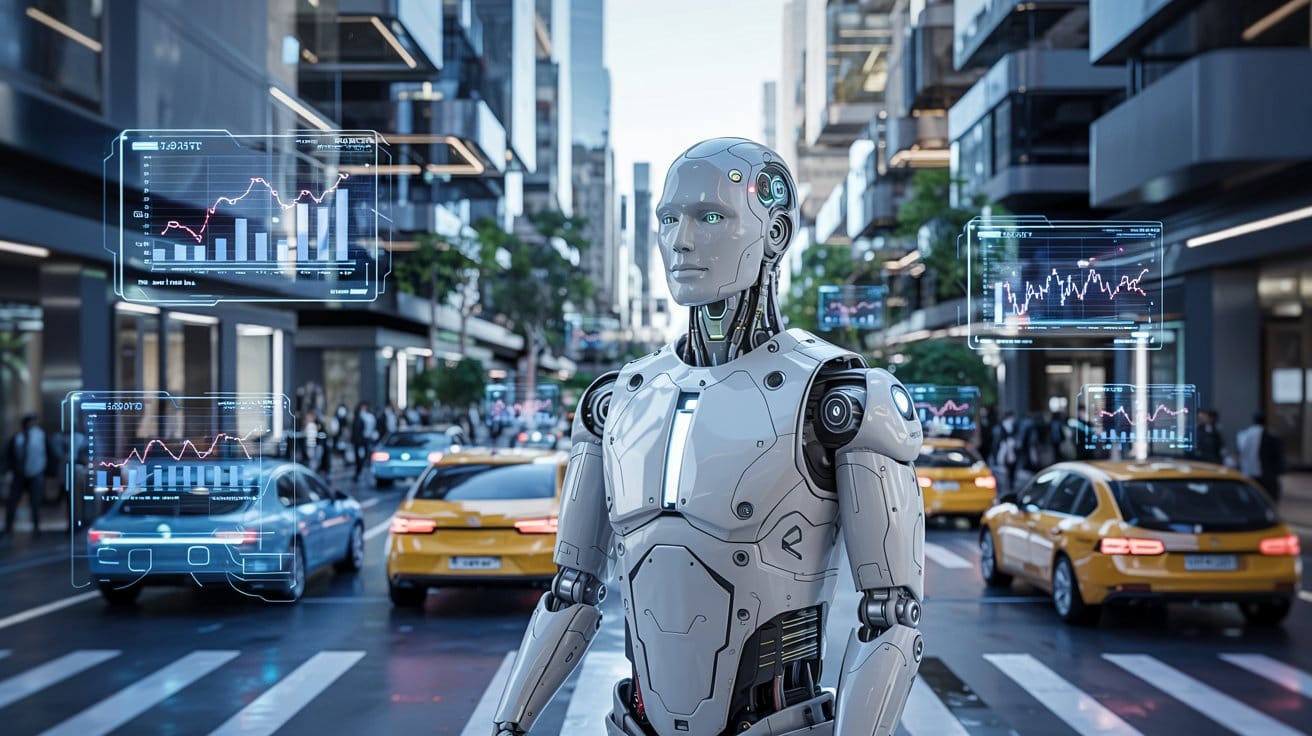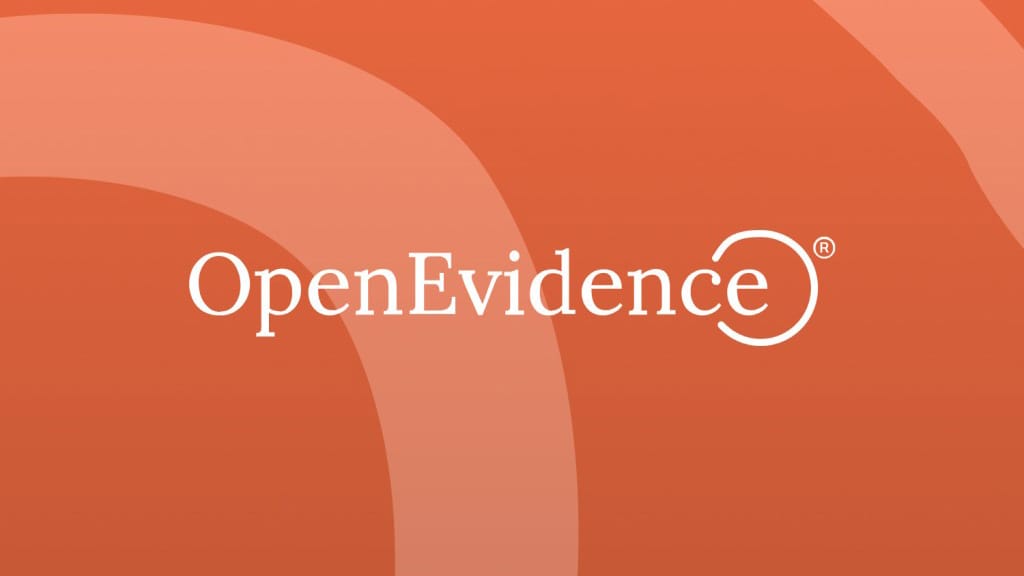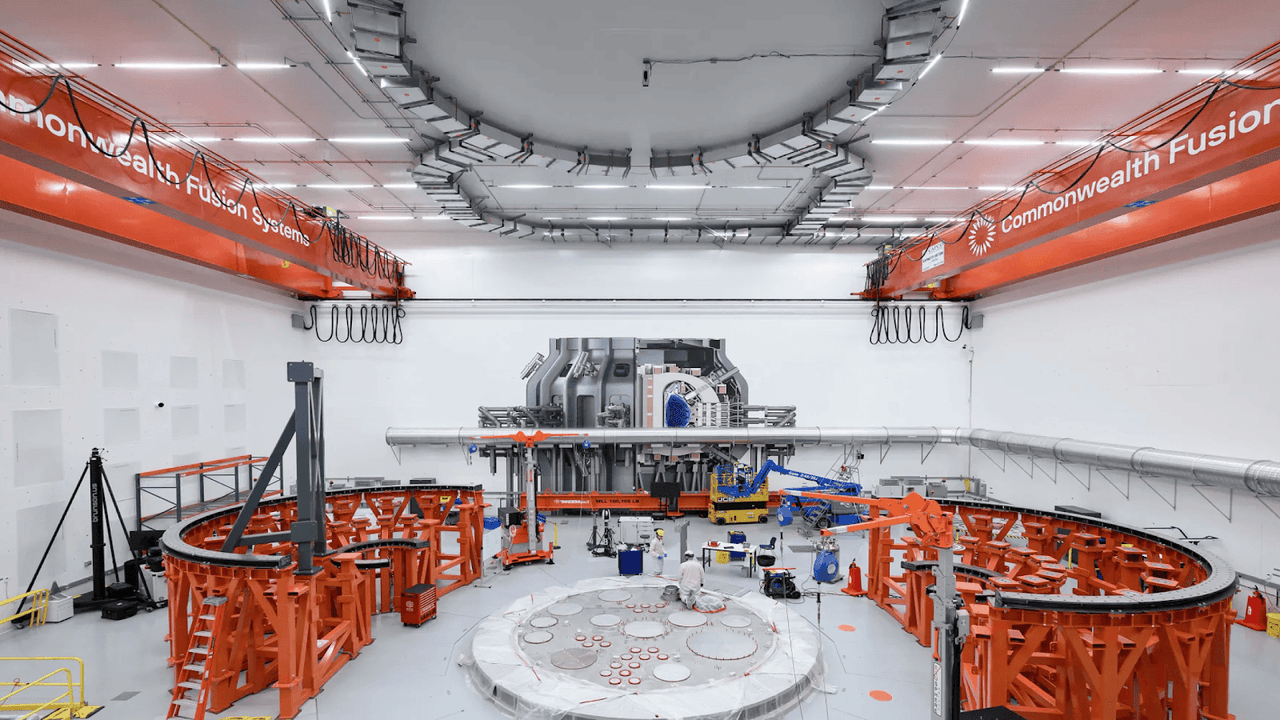Birth of Mechanize: A Founder Wants AI To Completely Replace Humans

In a move that has sparked heated debates across social media and professional circles, renowned AI researcher Tamay Besiroglu has launched a controversial startup called Mechanize. The startup's mission is nothing short of revolutionary—and contentious: to fully automate human labor and create an AI-driven economy. Mechanize, founded in April 2025, aims to replace all human workers with artificial intelligence (AI) systems, beginning with white-collar jobs. While Besiroglu and his supporters argue that this vision could unlock unprecedented economic prosperity, critics are raising alarms about the societal and ethical implications of such sweeping automation. Let's delve into the details of Mechanize's goals, the backlash it has faced, and the broader implications of its vision.
The Vision of Mechanize
Tamay Besiroglu, a prominent figure in the AI research community and the co-founder of the nonprofit AI forecasting organization Epoch, announced the launch of Mechanize on April 17, 2025. The startup’s goal, as stated by Besiroglu, is to achieve the “full automation of the economy” by developing AI systems capable of performing all jobs currently done by humans. Mechanize plans to focus initially on automating white-collar roles such as customer support, financial services, and data entry—tasks that predominantly occur in office environments.
The company is not directly building AI agents but is instead creating the infrastructure necessary to enable full automation. This includes virtual work environments, benchmarks, and training data tailored for AI systems to replicate human labor. Besiroglu has described the market potential of this endeavor as "absurdly large," citing global wage figures that amount to $60 trillion annually. In the United States alone, wages total $18 trillion per year, highlighting the massive economic opportunity Mechanize seeks to tap into.
Backlash and Criticism
The announcement of Mechanize has ignited a firestorm of criticism online. Social media platforms, particularly X (formerly Twitter), have been flooded with reactions ranging from skepticism to outright condemnation. Many users have questioned the ethical implications of replacing human workers with AI, expressing concerns about job displacement, economic inequality, and the erosion of human purpose.
Critics have also targeted Besiroglu personally, questioning his decision to pivot from his role at Epoch—a nonprofit focused on AI governance and ethical considerations—to leading a for-profit venture with such controversial goals. Some have accused him of abandoning the principles of responsible AI development in favor of pursuing profit.
The backlash against Mechanize extends beyond social media to experts and thought leaders in the fields of technology, economics, and ethics. Critics argue that while automation has the potential to drive economic growth, it also poses significant risks to societal stability. Key concerns include:
- Job Displacement: Mechanize’s vision of full automation raises fears of mass unemployment, particularly in sectors that are heavily reliant on human labor. Critics warn that the rapid replacement of workers with AI could lead to widespread economic hardship, especially for low- and middle-income individuals.
- Economic Inequality: The benefits of automation may not be evenly distributed. While companies and investors stand to gain from reduced labor costs, displaced workers could face financial insecurity and limited opportunities for re-employment. This could exacerbate existing economic disparities.
- Erosion of Human Purpose: Beyond financial concerns, critics highlight the psychological and societal impact of a world where human labor is deemed obsolete. The loss of meaningful work could undermine individuals’ sense of purpose and dignity.
- Feasibility and Reliability: Mechanize’s ambitious goals have also been met with skepticism regarding their technical feasibility. Current AI systems are often criticized for their unreliability, inefficiency in handling complex tasks, and challenges with multimodality.
Arguments in Favor of Mechanize
Despite the criticism, Besiroglu and his supporters argue that full automation could lead to transformative economic and societal benefits. Proponents highlight the following potential advantages:
- Economic Growth: Automation could drive explosive economic growth by reducing labor costs, increasing productivity, and enabling the creation of new goods and services. Besiroglu envisions a future where the economy operates more efficiently, benefiting businesses and consumers alike.
- Higher Living Standards: Supporters argue that automation could lead to higher living standards by making goods and services more affordable and accessible. In a fully automated economy, humans could potentially benefit from alternative income sources such as rents, dividends, and government welfare.
- Focus on Creativity and Innovation: By automating routine and repetitive tasks, Mechanize could free up human workers to focus on more creative, innovative, and fulfilling pursuits. This could lead to a cultural shift in how society values work and productivity.
The Competitive Landscape
Mechanize is not the only startup exploring the potential of workforce automation. It enters a competitive field alongside companies like Artisan, which is developing AI employees for specific industries. However, Mechanize’s ambitious goal of automating the entire global workforce sets it apart from its competitors. Whether this bold vision will translate into success remains to be seen.
A Crossroads for AI and Society
The launch of Mechanize has brought the debate over AI-driven automation to the forefront of public discourse. While the startup’s vision of a fully automated economy is undeniably ambitious, it raises profound questions about the future of work, economic equality, and human purpose. Mechanize’s success—or failure—will likely depend on its ability to address these concerns and demonstrate that automation can be implemented in a way that benefits society as a whole.
In my opinion, Mechanize represents both an opportunity and a challenge. While the potential economic benefits of full automation are compelling, they must be balanced against the ethical and societal risks. Mechanize’s journey will serve as a critical test case for how we navigate the complex intersection of technology, economics, and humanity in the age of AI.





